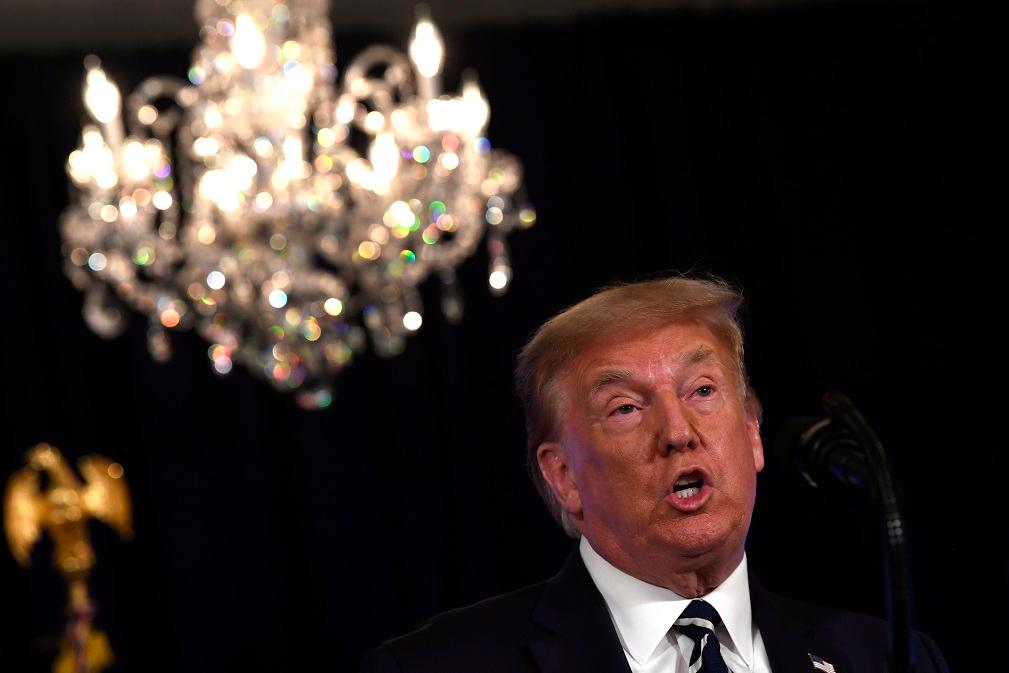Commentary
It’s a good thing that left-wingers are typically deficient in the sense of shame (just as they tend to be deficient in the sense of humor). If they weren’t, they would be finding it hard to live with themselves just now.

It’s a good thing that left-wingers are typically deficient in the sense of shame (just as they tend to be deficient in the sense of humor). If they weren’t, they would be finding it hard to live with themselves just now.